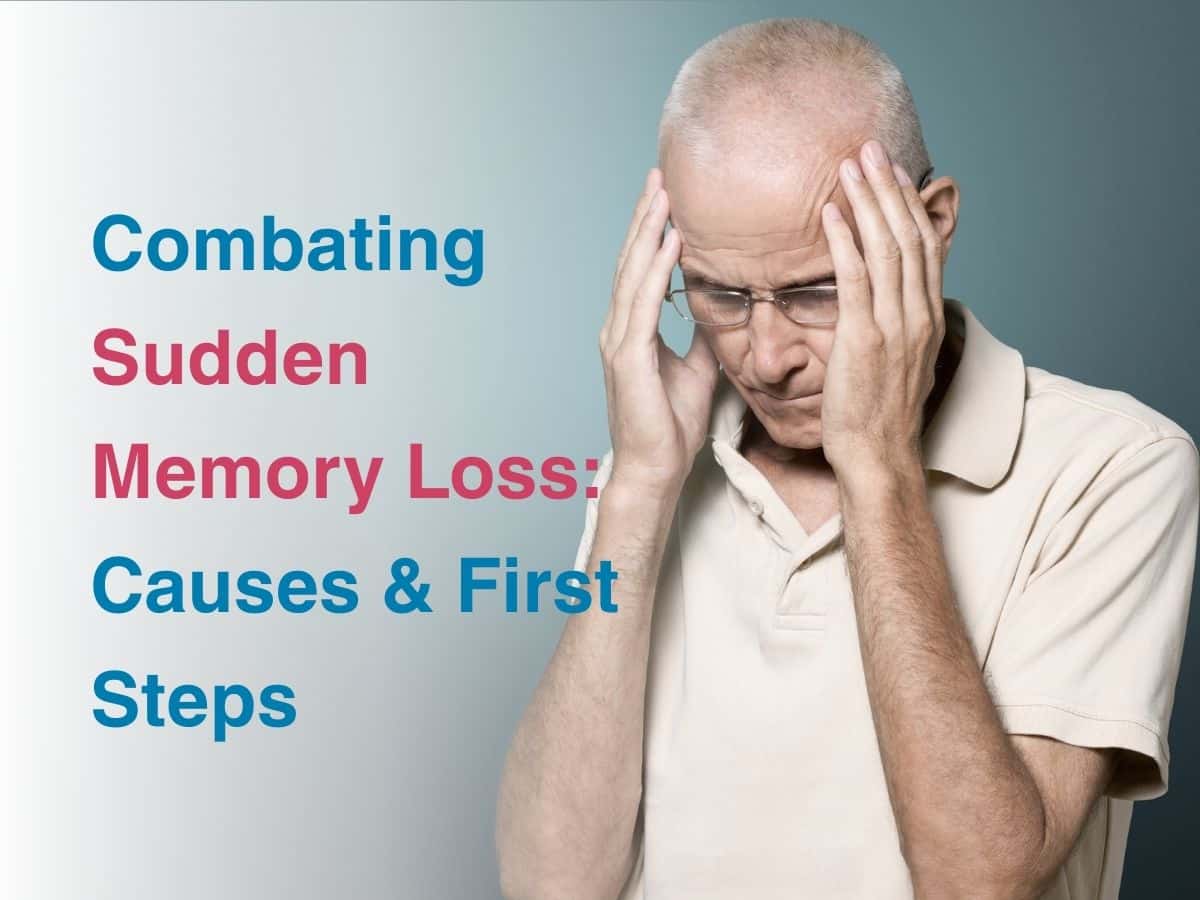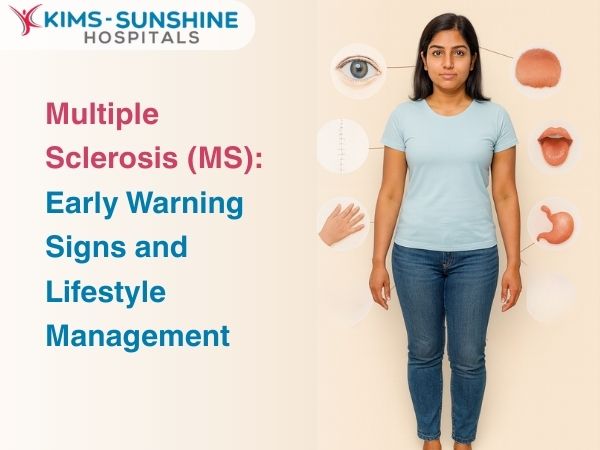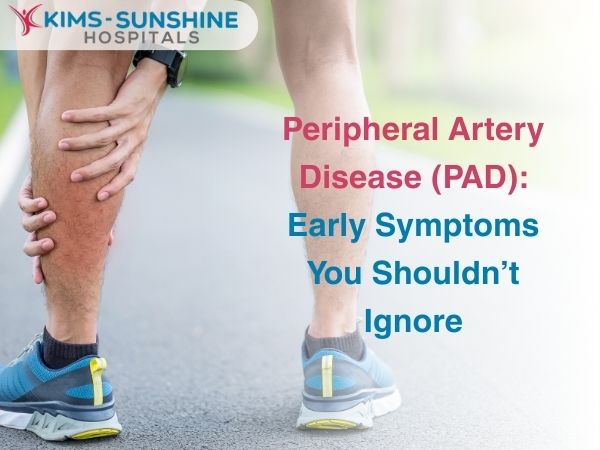
Combating Sudden Memory Loss: Causes & First Steps
 In the fast-moving rhythm of modern life where schedules are tightly packed and mental demands rarely pause, the sudden inability to recall something familiar- a person’s name, a recent event, or even a word that feels on the tip of the tongue- can cause a ripple of anxiety. While many such moments of forgetfulness are harmless and can be linked to distraction or fatigue, there are times when such lapses serve as warning signs of deeper concerns, ranging from medical conditions to nutritional deficiencies. In India, where awareness about mental health and brain wellness is only beginning to find its rightful place in healthcare conversations, understanding sudden memory loss and knowing the first steps to take is not merely an academic exercise but an essential aspect of protecting one’s independence, dignity, and quality of life.
In the fast-moving rhythm of modern life where schedules are tightly packed and mental demands rarely pause, the sudden inability to recall something familiar- a person’s name, a recent event, or even a word that feels on the tip of the tongue- can cause a ripple of anxiety. While many such moments of forgetfulness are harmless and can be linked to distraction or fatigue, there are times when such lapses serve as warning signs of deeper concerns, ranging from medical conditions to nutritional deficiencies. In India, where awareness about mental health and brain wellness is only beginning to find its rightful place in healthcare conversations, understanding sudden memory loss and knowing the first steps to take is not merely an academic exercise but an essential aspect of protecting one’s independence, dignity, and quality of life.
Early Signs Of Dementia-
Dementia does not usually announce itself loudly; instead, it slips in quietly through little changes- a wallet placed in the fridge, a word lost halfway through a sentence, the same question asked again as though it were new, or sudden confusion about familiar dates and surroundings. For families, especially those who share living spaces, noticing these early hints can make all the difference. Timely medical advice, therapeutic support, and gentle routines may help slow its course and safeguard independence for longer.
Stress And Forgetfulness Link-
The connection between stress and forgetfulness is far more intricate than it appears, for when the mind is weighed down by relentless deadlines, money worries, or strained relationships, the body produces excess cortisol which hampers the hippocampus- the brain’s centre for memory and learning. This can result in poorer recall and slower comprehension and in the crowded reality of Indian cities where traffic, work pressures, and constant multitasking are part of daily life, many individuals notice this through misplaced belongings, absent-mindedness, or fading concentration. It is hence important at such times to understand that simple practices like meditation, yoga, or even taking a few intentional breaths can ease this mental fog, bringing both calm and renewed clarity.
Memory Loss Diagnosis Tests-
When memory lapses grow serious enough to raise alarm, doctors begin by piecing together the story through medical history, detailed physical examinations and use a series of diagnostic tools-
- Blood tests to uncover thyroid problems or vitamin deficiencies
- brain scans such as MRI or CT to detect strokes or tumours
- EEGs that look for seizure-related disruptions
- Structured cognitive assessments that test focus, recall, and reasoning
These evaluations are not unnecessary luxuries but need to be thought of as vital steps that will lead you down a path towards clarity, proper treatment and hope.
Short-Term Vs Long-Term Memory Loss-
Short-term and long-term memory loss differ not only in what they affect but also in what they reveal about the brain – because short-term memory lapses may involve forgetting where one placed keys or what was eaten for breakfast, which can often be linked to distraction, stress, or temporary fatigue. Long-term memory problems are a different ball game altogether and may involve forgetting the names of loved ones, past experiences, or once-familiar skills, which can signal more serious conditions like dementia or brain injury.
Conclusion
In the tapestry of human health, sudden memory loss stands out as both a frightening and a revealing symptom- because it reminds us how fragile and vital our mental faculties are.But, recognising early signs or symptoms may offer an opportunity to intervene, correct underlying causes and restore clarity. In India where ageing populations, increasing lifestyle disorders and growing awareness about mental health intersect, the ability to recognise, diagnose and respond to memory problems in a timely fashion has never been more important. This not only protects individuals from decline but also relieves families of silent burdens. Above all, it ensures that the essence of who we are- our stories, our relationships and our ability to live with dignity- is preserved for as long as possible.






